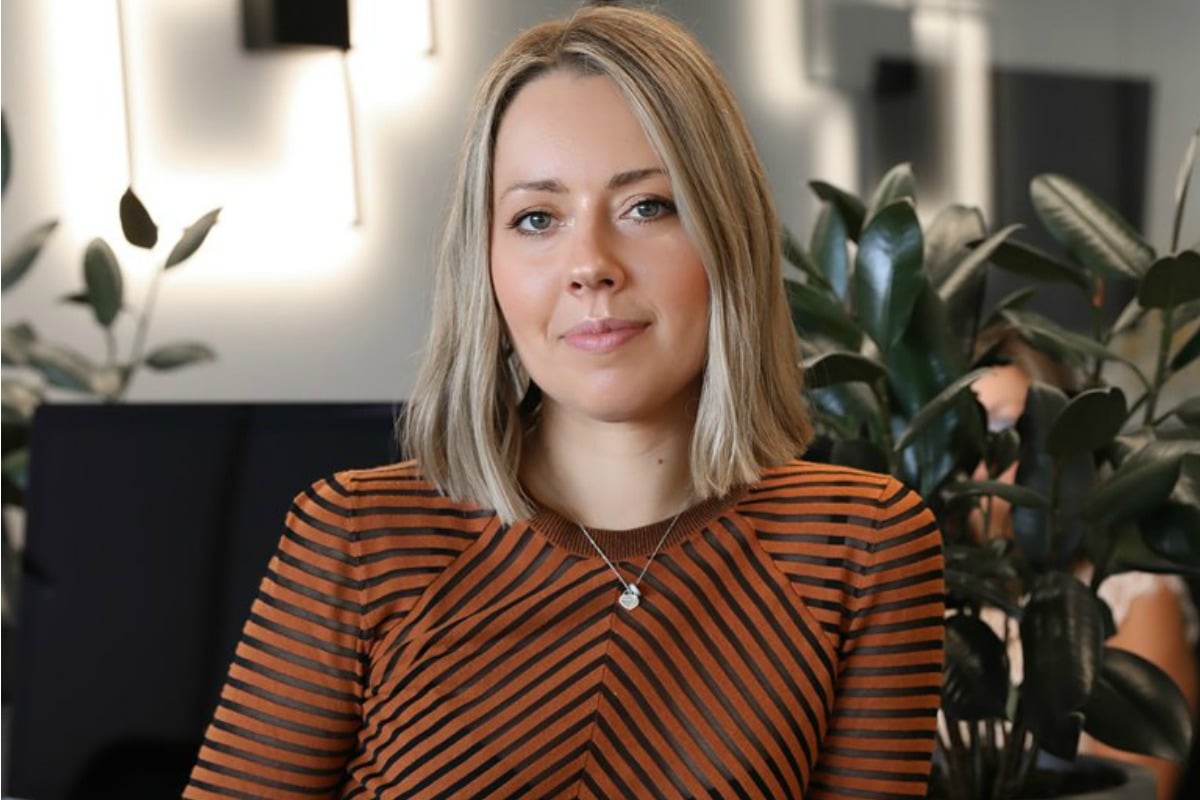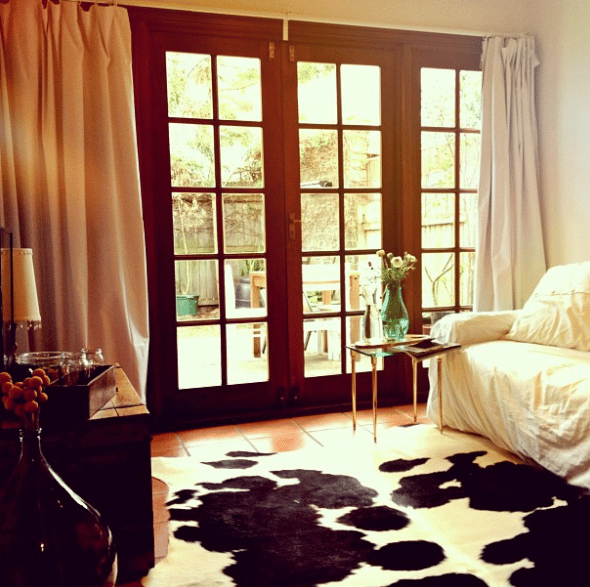
Chandel Brandimarti started saving for a house when she was 14.
She didn’t tell her friends or discuss it much, she just quietly opened a dedicated savings account and started contributing to it.
At the time, she didn’t think much of it. She’d always been money-driven and had grown up hearing her mum speak about how owning property was a good way to set yourself up for the future.
Aged 22, as a young, single woman living in Sydney, Chandel bought a two-bedroom home with a (small-ish) backyard, in the city’s inner suburbs.
Everyone was shocked.
WATCH: Chandel and Jess think women need to change the way they talk about money. Post continues after video.
“It was a huge deal… people still are surprised to this day,” a now 29-year-old Chandel told Mamamia.
“I genuinely think as a young, single woman – who saved up a deposit and bought a house – it was really surprising. It wasn’t something people ever expected… and my gender I think, was the biggest part of the surprise,” she said.
Money, of course, was the other surprise.

Top Comments
The advice here is to save for 8 years (most of which while living rent free at home) and then have your parents be your guarantor. I’m happy this worked out for this young woman and that she wants other women to know more about money, however, I wouldn’t take advice from her on this topic.